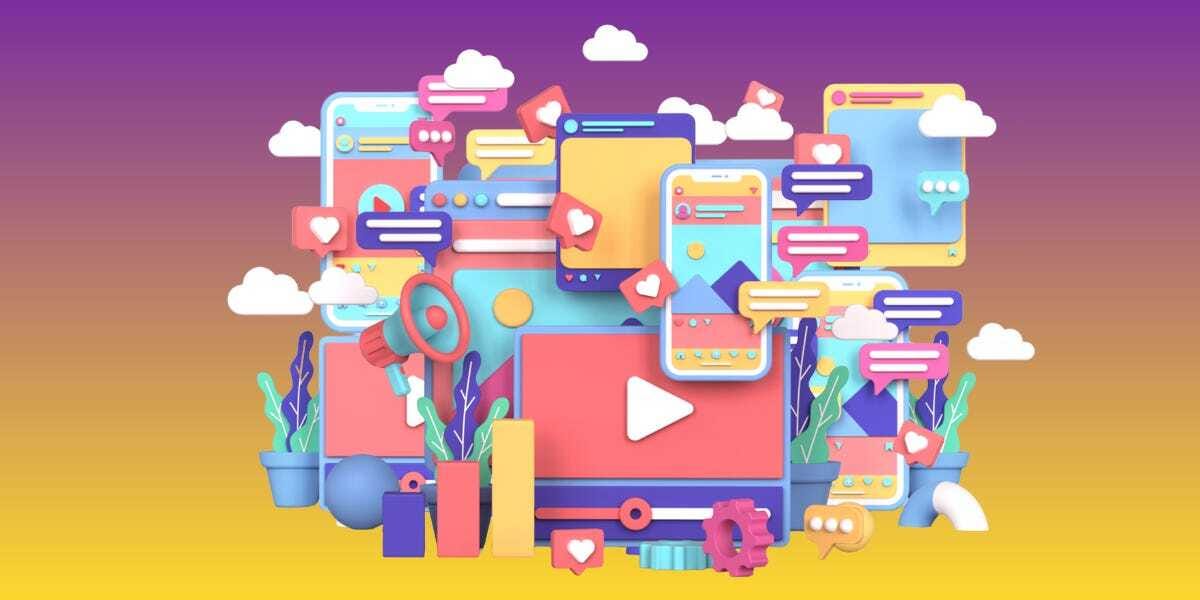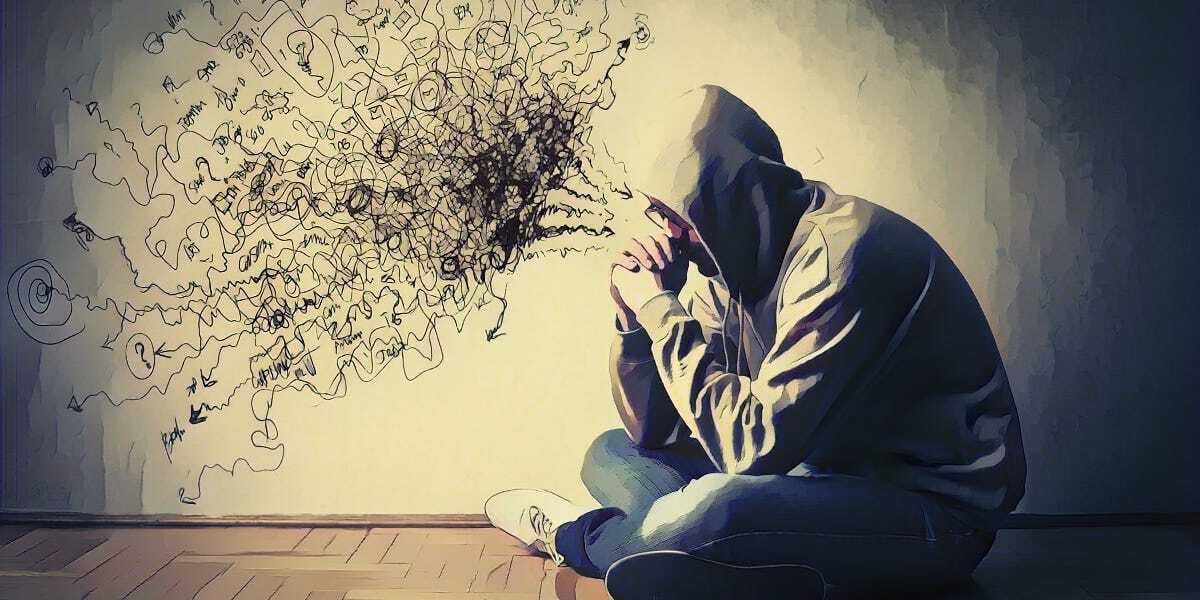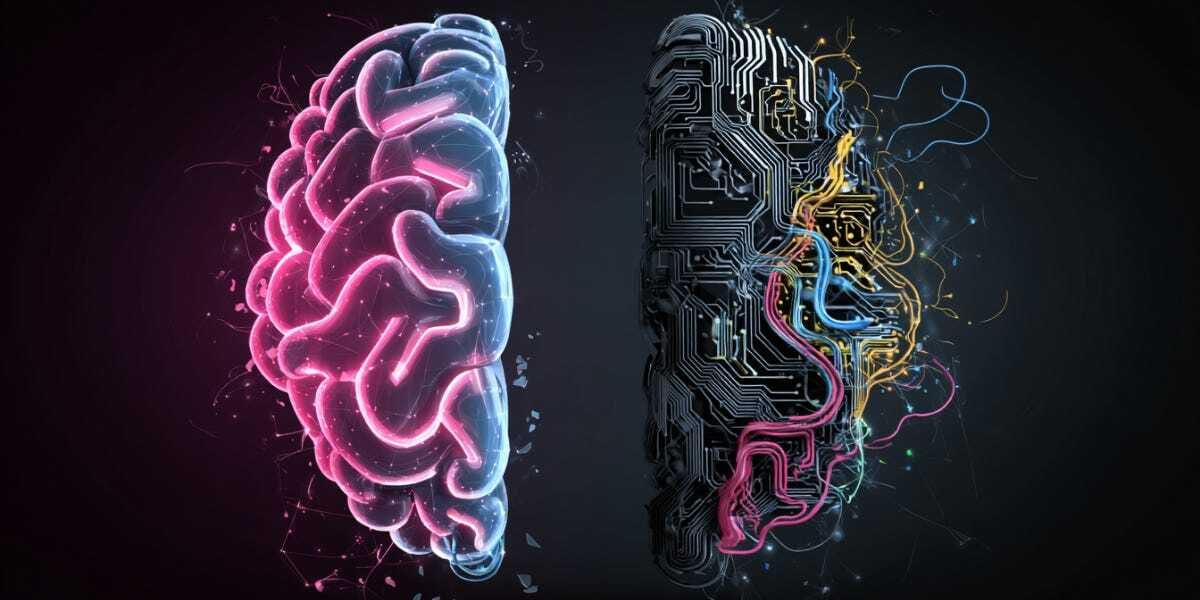
When we talk about anxiety, we often relate it to the quality of our thoughts. Therefore, it makes sense to control this in order to deal with fear, anxiety and stress effectively. In this case, it's no wonder that what we see, hear and read — meaning the information we absorb — has a direct impact on the quality of our thoughts, and therefore on the thoughts our brain generates. Therefore, it would make sense to change the content in order to positively affect the quality of our thoughts, and consequently, the anxiety we experience.
Garbage In, Garbage Out: How It Applies to Thoughts

You have probably heard the saying "garbage in, garbage out" many times. Although this is often linked to eating habits or work, it applies to everything, including our minds.
Think about it: how often do we unthinkingly repeat information that we see, read or hear? Take music, for instance — have you ever thought about the actual meaning of the lyrics of the songs we listen to? Or that we repeat them without thinking every time we sing along? What about the things we read every day to find out what's happening in the world, such as the topics newspapers like to focus on: war and fear-mongering? These topics are similar to those covered by TV and social media. Our minds absorb everything, and most of the time we are not even aware of it, but it does have an impact on our reality. The problem is that we only realise this when it's too late.
Brain as a Computer: The Mind-Body Connection

There are multiple studies comparing the human brain to computers, and they demonstrate similar behaviour. Dr Bruce Lipton expands on this topic from the perspective of epigenetics (the study of gene expression influenced by environment and behaviour) and the mind–body connection: https://www.brucelipton.com/mind-body-spirit-connection/.
As I understand it, essentially, information enters through our senses and is processed alongside our experience, resulting in a certain outcome. This outcome is our reality. If this is the case, it makes sense that what we see, hear, read and say creates the thoughts that ultimately create our reality. I extrapolated this to the anxiety I was experiencing. What was most of the content I was reading about? Feeling anxious, being anxious, symptoms, and so on. What was the expected outcome? You get the idea.
So, what did I do to start changing that?
I checked what kind of content I was feeding my brain with. Start becoming aware.
What information have we seen, read and heard over the past few years? Well: Mostly everything related to separation, crisis, fear, death and war. Now imagine doing this seven days a week, 365 days a year: reading about it, watching it, talking about it. Aren't we programming ourselves with this constant exposure? It's no wonder we feel anxious, fearful and sad. Are we really aware of this? Well, are we?
Where was I getting the content from?
TV, internet, social media, work — basically everywhere. There was almost no possibility of avoiding it. The fear and anxiety we carry around with us is on autopilot, preventing us from thinking differently and questioning things, so it's difficult to avoid. However, becoming aware of this is a way of starting to regain control, and this is the first step.
The importance of how we search.
Are the above topics the only ones available? No, but fear and drama seem to sell better than hope and love, and they always appear at the top of search results — at least from what I've observed. When it came to overcoming anxiety, I mostly found people who were as anxious and worried as I was. No one who was happy was there, so I only found people in the same state as me. Therefore, it was key for me to start questioning things and not believe everything I read. This is probably a little easier today with the help of AI, but it wasn't a few years back. The information is out there, but it's difficult to discern in a negative state.
Building on these foundations, I actively shifted my approach to content consumption, focusing on more positive and empowering sources from all kinds of outlets. AI could significantly improve that, but we still need to be diligent.
New Content, New Thoughts, New Reality
Whenever possible, I've avoided all kinds of anxiety-generating content from all sources.
Podcasts, Books, Blogs—On everything I can learn to improve my life and add value: Education, Sport, Nutrition, Meditation, Journaling.
Funny videos count too—Laughter is a really powerful tool to release anxiety.
Music—I started to pay attention to what I was singing and reduced significantly depressive, aggressive, and sad songs.
The change in the quality of my thoughts was incredible and didn’t take long. Fortunately, plasticity (the brain's ability to adapt and reorganize neural connections) and consistency help the brain adapt and change really fast.
Like with every process, it requires time, patience, and consistency. It has its ups and downs (which are really important), but it's well worth it.
Are you getting it?